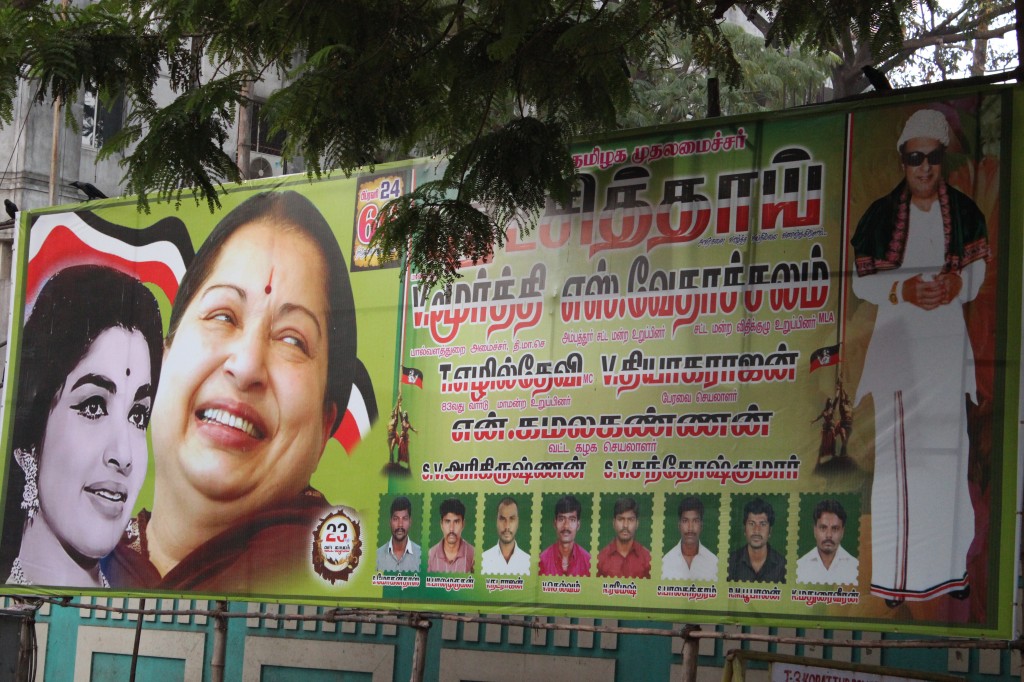PASSIONS
The women who want to change Pune
It is the rising crime graph that made 33-year-old Rupali Nivruti Tamboli, a commerce graduate and a mother of two, think of contesting the Pune election.
“With increasing rape cases in India, I fear for my children,” says the first-time candidate, who lives in Wadgav Khurd, a locality 37 km from Pune central. “I want to make India safer for my family and all other
Contesting the Maval seat, Tamboli is one of the three women candidates who will enter the political fray when Pune — the cultural centre of Maharashtra and one-time capital of the Maratha empire – goes to the polls tomorrow in the fifth phase of the 2014 Lok Sabha elections.
Anil Shirole of the Bharatiya Janata Party, Viswajeet Kadam of the Congress, Deepak Paigude of the Maharashtra Navnirman Sena, and Subhash Ware of the Aam Aadmi Party may be the known faces, but Tamboli, Sushma Pandurang Gaikwad, and Chhaya Tukaram Bansode are the ones who make empowering women their primary focus.
Every
“I don’t like the idea
Like Tamboli, Bansode, a 43-year-old homemak
Bansode had several
With no political organisation
“A
Sushma Pandurang Gaikwad, a 4
The not-so-subtle art of Tamil slogans
If you thought you knew all about sloganeering, maybe you should take a trip to Tamil Nadu. Politicians in the southern Indian state have perfected the art of using catchy idioms and phrases to capture the public imagination.
The ruling All India Anna Dravida Munnetra Kazhagam in Tamil Nadu has launched its campaign with the slogan of peace, prosperity and progress. After tasting success in the state, party workers have been told to promote their leader at the national level. All their slogans are aimed at getting into national politics. One slogan plastered all over Tamil Nadu currently says: “Any CM can do good things, but only Amma [chief minister and AIADMK leader J Jayalalithaa] can do God things.”
The posters urge voters to give Jayalalithaa a chance to lead the country by giving her the maximum number of seats from Tamil Nadu. The state sends 39 MPs to the Lok Sabha. Neighbouring Pondicherry, a Tamil-speaking Union Territory, sends one.
Jayalalithaa is nothing if not bold. Her slogans have been carefully crafted to let people know of her aspiration to be the prime minister. Other leaders of the the Third Front seem to lack this self-confidence.
Ramalingam, an AIADMK workers, says ‘Amma’ is their “protecting Goddess”. He and others like him belt out the slogans with great belief. Women fans of the party shout slogans like “Naalai namathe 40m namathe” (Tomorrow is ours, 40 seats are ours). Even the 1964 slogan describing the late chief minister M G Ramachandran, Jayalalithaa’s political mentor, as “Aayirathil Oruvan”, or “One among thousands”, has been revived. After all, the older generation still reveres the one-time film star.
By contrast, the Dravida Munntera Kazhagam‘s slogans are yet to find their cadence. ‘Light up Tamil Nadu, save Tamil Nadu from power-craving Jayalalithaa’ and ‘Change is the only way for a prosperous Tamil community’ hardly have the same ring. Though the party’s octogenarian leader M Karunanidhi has offered “We do what we say and say what we do’, it does not seem to have grabbed much voter attention.
The smaller parties of Tamil Nadu may lag behind in number of votes and seats but do not lack catchy slogans that convey their message to the faithful. The Bahujan Samaj Party, a party of Dalits, says, “Engal ottil ungal aatchi nadakkathu” (You cannot rule over us with our votes). “Vaaku seetu vilaiporul alla” (Vote is not a commodity to be sold) aims to make the Dalit realise that her vote is precious and must be used well.
“Vanniyar ottu anniyaruku illai” is the call of the Pattali Makkal Katchi, a caste-based party which wants to show its power by saying its vote is not for ‘others’.
The BJP, the main challenger for power in Delhi, is using its national slogans that showcase the development agenda. Even in Tamil Nadu, they say it’s “Time for Change Time for Modi” and “Time to make a difference”.
The ruling Congress, however, is yet to make public its focus apart from listing the glories of years past and requesting people to give them yet another chance.
Which slogan will carry the day? We’ll know soon.
Photo: Suriyan Sai
This story was also published on Rediff.com, our media partner.
